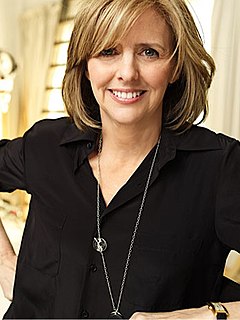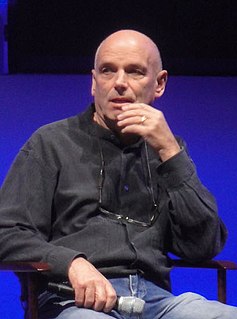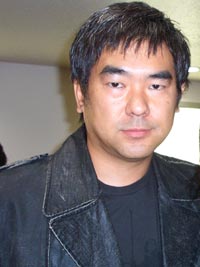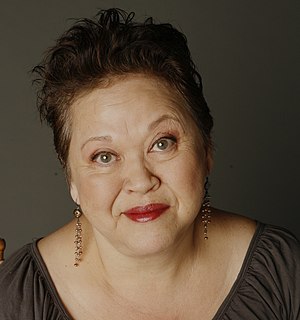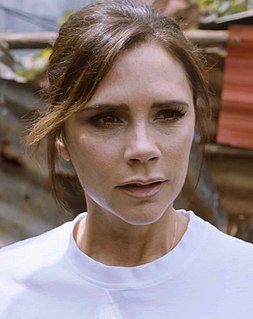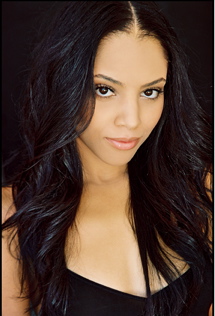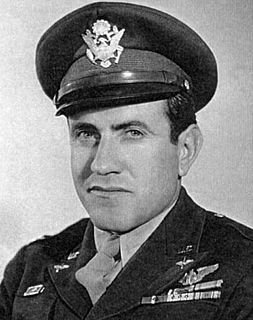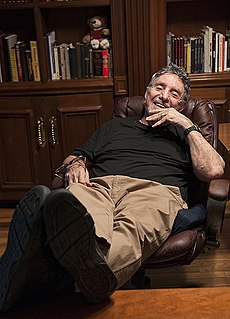A Quote by Nancy Meyers
I've always been blessed with confidence. I am a glass-half-full person. My first movie, 'Private Benjamin,' got turned down by every studio until the very last one, but I just kept thinking, 'Why are you people not seeing that this is a hit movie? What is wrong with you?'
Related Quotes
There are, it has been said, two types of people in the world. There are those who, when presented with a glass that is exactly half full, say: this glass is half full. And then there are those who say: this glass is half empty. The world belongs, however, to those who can look at the glass and say: What's up with this glass? Excuse me? Excuse me? This is my glass? I don't think so. My glass was full! And it was a bigger glass! Who's been pinching my beer?
It's so nice to run into people even now who - if I'm out, a couple of times a week, somebody comes up to me and says, 'I just loved you in '50 First Dates.' That movie is my favorite movie. I just watched it last night.' In my head, I'm always thinking, 'You're kidding me. I never watch anything twice.'
For some reason, my main movie, Lady Sings the Blues, to me really isn't me. I really can let go of Diana Ross when I see the movie. I'm really objective when I'm watching it. I liked that movie so much. That movie was like magic so that when I'm looking at it I'm really not seeing myself, I'm seeing the actress. I'm seeing another person, not the me of me.
In editing, you really face what the movie is. When you shoot it, you have this illusion that you're making the masterpieces that you're inspired by. But when you finally edit the movie, the movie is just a movie, so there is always a hint of disappointment, particularly when you see your first cut.
I have no rules. For me, it's a full, full experience to make a movie. It takes a lot of time, and I want there to be a lot of stuff in it. You're looking for every shot in the movie to have resonance and want it to be something you can see a second time, and then I'd like it to be something you can see 10 years later, and it becomes a different movie, because you're a different person. So that means I want it to be deep, not in a pretentious way, but I guess I can say I am pretentious in that I pretend. I have aspirations that the movie should trigger off a lot of complex responses.
